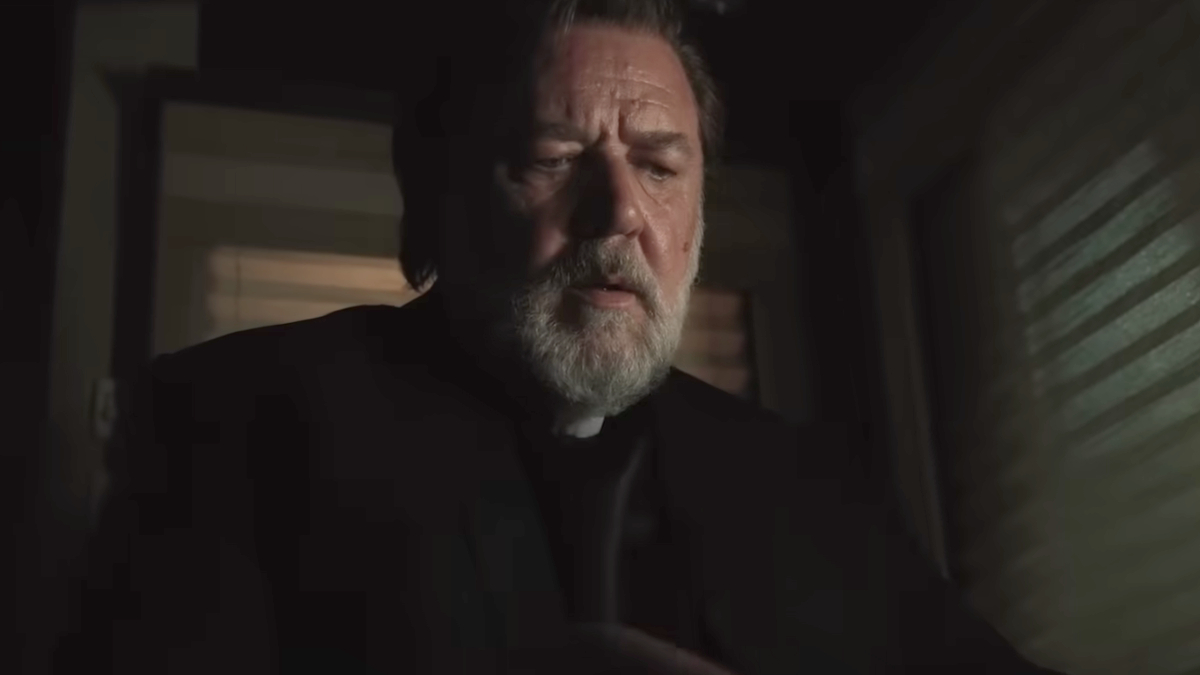
Humans are inherently programmed with an emotion known as “comfort” that kicks in as a safety net when uncertainty becomes too daunting, as a way of masking our scared vulnerability. Think how you’d react if your life changed tomorrow in the most drastic of ways. You lose your house, a significant other walks out, and you’re left to pick up the pieces all by your lonesome. It’s a terrifying, paralyzing fear that many of us dread, which is why we find solace in the “comfort” of monotonous routines, familiar emotions, and a recurring cycle that we’ve become “good” at managing – a theory that Chris Messina challenges through his new film, Alex Of Venice.
Mary Elizabeth Winstead plays the titular Alex, a workaholic who begins to crumble under the weight of her chaotically overturned life. After her husband George (Chris Messina) walks out with no warning, Alex is left to care for their son Dakota (Skylar Gaertner), her father (Don Johnson), and her eco-friendly court case all at the same time. For a woman who thought she had everything figured out, down to the white picket fence, Alex quickly realizes that her universal calculations might have been a little bit skewed. With a new outlook on life, Alex sets out on a self-reflective journey that proves there’s always time to start over, and that when one door closes, there’s always one waiting to be opened. You just need the courage to turn the knob.
But Alex Of Venice isn’t about some life-altering journey to another country, where the main character abandons all responsibility in favor of sunny montages in exotic locations. Alex never wipes her plate clean – she learns how to properly balance her life in a healthy, fulfilling way that modern-day workaholics fantasize about. Messina never paints Alex as a victim, even when his character leaves her with absolutely no support, because no one’s at fault for a maturation process that alters our makeup over time. George leaves because he’d watched his most adventurous years turn into pill-counting, child-watching, and steak-flipping, and because Alex is too caught up in her own tree-hugging routine that brings her to work even on the weekends. How are you supposed to truly embrace life when you never even give yourself a chance to grow?
Alex’s forced discovery stems from Mary Elizabeth Winstead’s stunning performance, as she portrays a single-ish mother who’s beaten, but not broken. She has to go back to square one and learn how life operates all over again, which is highlighted by a comical exchange as she attempts to navigate a simple booty-call text. Winstead does an amazing job when balancing her own tumultuous feelings with an outer appearance of sanity, which is a facade so many of us maintain. She’s depended on by so many people (child, ailing father, job, sister), and despite her own whirlwind of inner insanity, Winstead always makes Alice one of the most likeable characters in the room. Her innocent fallibility oozes with a girl-next-door charm, but her strength as a provider makes for a proud female character who takes control and never falls victim to Hollywood’s usual cutesy guile. Winstead’s role is full of substance, lessons, and a powerful message about taking a chance on jalapeno-flavored ice cream – because we’re meant to embrace everything life has to offer. Even the weird.
Winstead’s actions are only emphasized by her supporting cast, including a gut-wrenching turn by Don Johnson in the best of ways. There’s that moment of recognition where Johnson’s age catches up, as he realizes his illustrious acting career might not be what it used to, so he clings to the hopes of a Chekhov theatrical production as his “comeback” of sorts. The problem is, early signs of memory loss make it almost impossible to memorize lines, and even worse, carry out daily activities like getting dressed. Johnson’s arc is sobering, but also ripe with the acceptance that letting go doesn’t mean you’re being forgotten, and that as you age, it’s time to let someone else occupy the spotlight – but you can still have your fun.
With the pace of our modern lifestyles, I don’t think anyone would argue that time flies by without any regard for our well-being. Think of all the things we take for granted – the meals scarfed down en route to your next meeting, or the landscape that we drive right by without even acknowledging nature’s beauty. In Alex’s life, these things became afterthoughts, but as she reiterates throughout the whole movie, there’s still a fiery soul that burns inside of her. Alex didn’t lose her lust for life, it just got buried under responsibilities that mounted like a suffocating pyramid.
Life should be exciting, dangerous, and invigorating, but a false sense of “comfort” becomes so deceptively easy to accept in liu of such unpredictable occurances. Alex Of Venice is a positive message that says it’s alright to be a little selfish sometimes, because our lives are only OURS to live. Regaining our footing may be scary, and it may not be the easy route, but our days shouldn’t be endless cycles of monotony. Alex’s quest is all about starting over, and it inspires hope because never once does she lose sight of what’s important. Her words to Dakota ring the loudest, instilling in his brain that George’s separation has absolutely nothing to do with their mutual love for him. Life is hard, messy, and downright abusive at times, but there’s always a silver lining – something Mary Elizabeth Winstead reminds us to always keep in sight.






